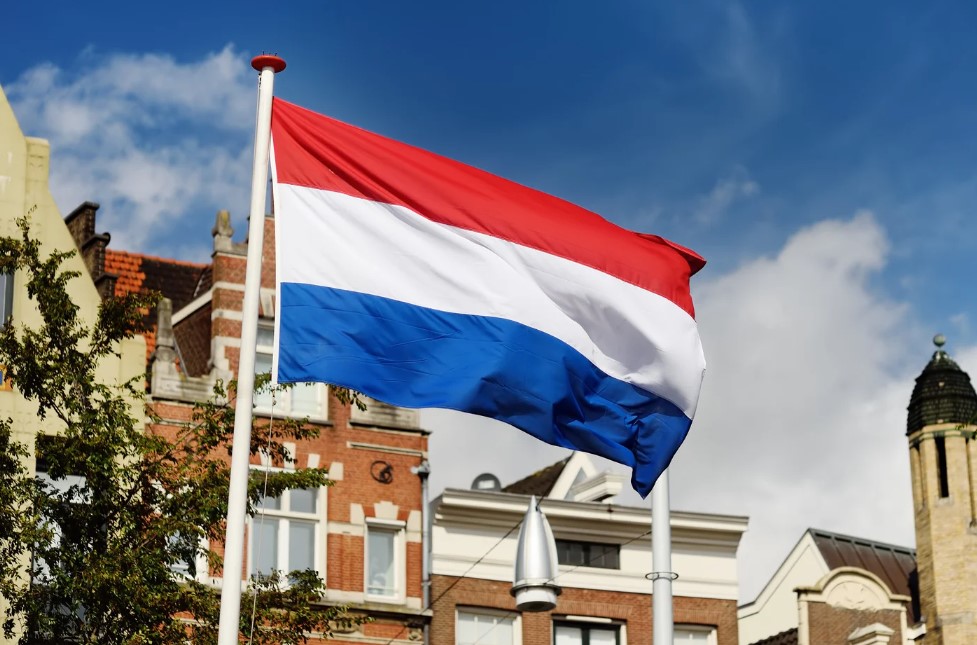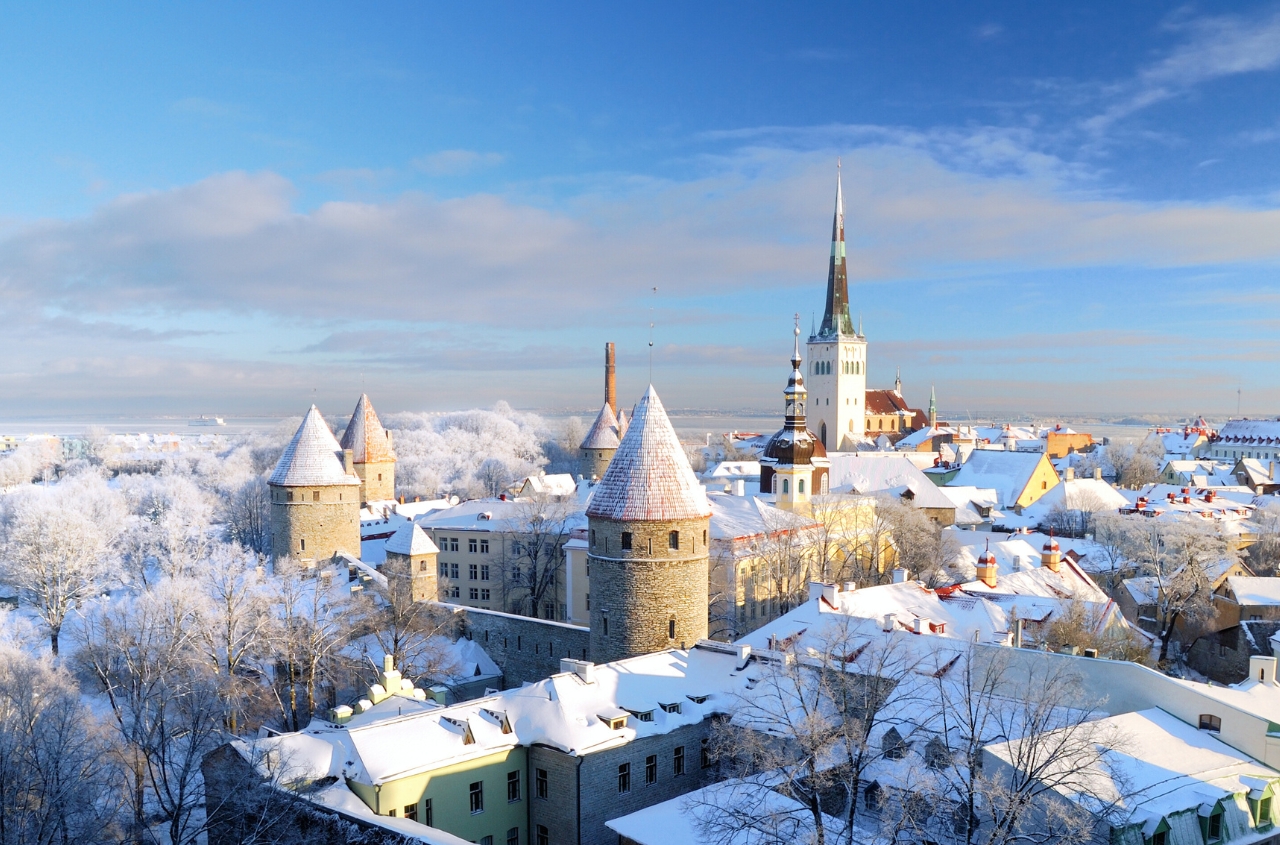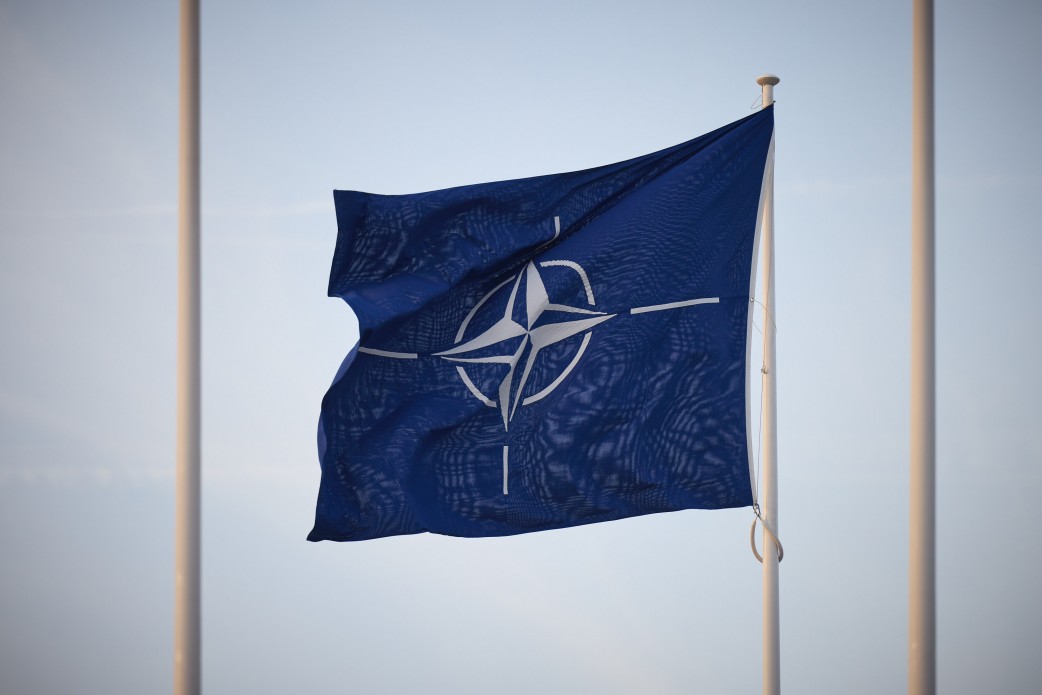The Netherlands, along with seven other European Union countries, is advocating for restricting the travel of Russian diplomats within the EU. The initiative aims to limit their movement to their country of accreditation only, rather than across the entire Schengen Zone. This proposal is linked to suspicions that many Russian diplomats are actually agents involved in espionage and sabotage, as reported by NL.
The idea has been supported by the Czech Republic, Denmark, Eastern European countries, and the Baltic states. In June, Czech Foreign Minister Jan Lipavský sent a letter to EU foreign affairs chief Josep Borrell presenting the position of eight countries. According to Lipavský, restricting the movement of diplomats would significantly reduce the opportunities for Russian agents to conduct operations within the EU.
In media interviews, Lipavský emphasized that there is concrete evidence of Russian sabotage and added that Russian diplomatic posts are often used for conducting hybrid warfare against Europe. Since February 2022, following Russia's invasion of Ukraine, European countries have expelled around 600 Russian diplomats, 400 of whom were suspected of working for intelligence agencies.
However, the proposal has faced opposition from countries such as Germany, Austria, and Italy. They fear that Moscow might respond with reciprocal measures, which could complicate the work of European diplomats in Russia. These countries also seek to maintain open diplomatic channels with Russia.
Despite these disagreements, the Dutch initiative highlights the growing concern among EU countries regarding security and Russia's attempts to increase its influence in Europe through diplomatic channels.



















